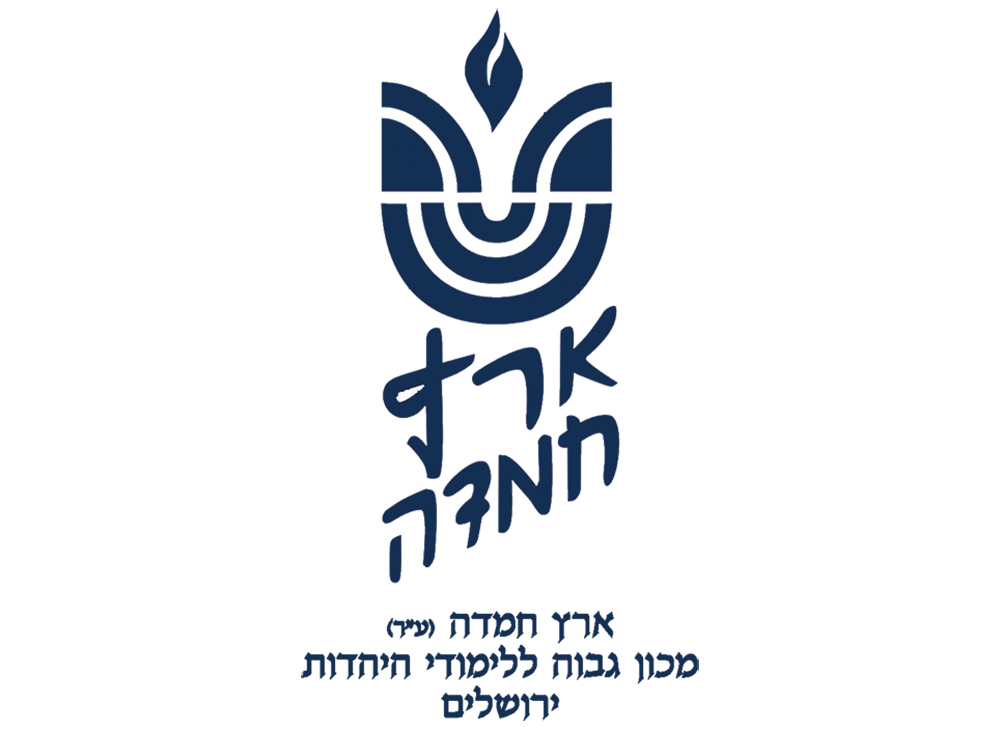
Question: I spent all afternoon in the emergency room with my mother and did not daven Mincha. Can/should I daven a second Ma’ariv as tashlumin (makeup prayer)?
Answer: The Gemara (Berachot 26a) introduces the idea of tashlumin for tefillot missed “by mistake.” Those who missed these intentionally are excluded. Rishonim posit that there is tashlumin for one prevented from davening (see Shulchan Aruch, Orach Chayim 108:1). However, the Rosh (Shut 27:1, codified in Shulchan Aruch, Yoreh Deah 341:2) rules that an onen (one between the death and burial of a close relative, who is exempt from positive mitzvot) who missed a tefillah, does not make it up at the next tefillah. He explains that the onen did not forget, but was not obligated in the missed tefillah.
The Derisha (Yoreh Deah 341:3) extends this exclusion from tashlumin to exemptions from tefillah due to pressing involvement in a mitzvah (osek b’mitzvah). Caring for a mother with acute medical needs certainly qualifies (see Sukkah 26a and Mishna Berura 640:7). The Taz (Yoreh Deah 341:5 and Orach Chayim 108:1) takes issue with the Derisha, arguing that an onen’s exemption is qualitatively different from that of one involved in a mitzvah. The Derisha and Taz may disagree on whether mitzvot erase obligations, like aninut (the period before burial) does (see nuances in Kehilot Yaakov, Brachot 15; Atvan D’orayta 13). Alternatively, they may argue on the breadth of the institution of tashlumin.
Given that the Rosh regarding onen appears to be based more on logic than Talmudic precedent, it makes sense to distinguish between the cases. During aninut, one may not use windows of free time to do mitzvot. In contrast, our entire day should be filled with various mitzvot; yet, we seem to almost always fit in davening with a (set) minyan (see Ishei Yisrael 22:9, who advises doctors and nurses to look for opportunities to daven). Therefore, it makes a lot of sense that even if a certain mitzvah could not be interrupted, osek b’mitzvah does not make it considered that the obligation of tefillah at that time did not exist. Nevertheless, the majority of Acharonim—including some of the most authoritative ones (Shach in Nekudot Hakesef, Yoreh Deah 341, Magen Avraham 93:5; Eliya Rabba 93:4; Mishna Berura 93:8)—rule that one does not need to do tashlumin in a case of mitzvah involvement.
That being said, it might be good to do tashlumin voluntarily—an idea we find even in the following cases when tashlumin is not prescribed: 1.) He purposely did not daven; 2.) More than one tefillah has gone by since the tefillah that he missed. Poskim encourage doing tashlumin as a nedava (voluntary tefillah). The possible proviso is that when the case is further away from warranted tashlumin, the nedava must be done with a chiddush, i.e., additions to his regular Shemoneh Esrei. The Shulchan Aruch requires a chiddush regarding No. 2 (Orach Chayim 108:5), but not regarding No. 1 (ibid. 7). Since, the requirements of a chiddush are not trivial and, perhaps, difficult (see Shulchan Aruch and Rama, Orach Chayim 107:2), we would not recommend it for the average person.
Regarding an osek b’mitzvah, the Pri Megadim (MZ 108:1) says it depends whether the Taz’s opinion is strong enough to create a reasonable doubt whether tashlumin is needed; his inclination is not fully clear. It is an open question (see Yabia Omer IX, Orach Chayim 90:6) whether there is an indication from the Rivash (140)—like the Taz—and the Shevel Halevi (I:205) claims the Zohar supports the Taz. On the other hand, the Mishna Berura (108:2) rules that it requires a chiddush.
In your case, there could be reasons to require tashlumin. If your mitzvah involvement began after the earliest time for Mincha, then according to almost all poskim, the subsequent exemption does not preclude tashlumin (Mishna Berura 71:4; the Birkei Yosef, Yoreh Deah 341:17 is equivocal). Also, while you had a right to err on the side of medical/kibud av va’em caution—and, while one may use short breaks for ensuring his ability to continue the mitzvah, rather than tefillah (see Mishna Berura 71:13—if, in hindsight, you could have davened without compromising your mother’s care, tashlumin is called for.
This column is written by Rabbi Daniel Mann on behalf of the Eretz Hemdah Institute in Jerusalem, which trains dayanim and has many projects on behalf of Klal Yisrael, including its Ask the Rabbi service in conjunction with the OU. Rabbi Mann is a Dayan at Eretz Hemdah, a senior member of the Ask the Rabbi project, and author of its Living the Halachic Process series. He is also a Ram at Yeshiva University’s Gruss Kollel in Israel.










